The energy transition has opened up a huge investment market for private enterprises. In just the past decade, Vietnam has made impressive progress in the field of renewable energy, especially solar and wind power.
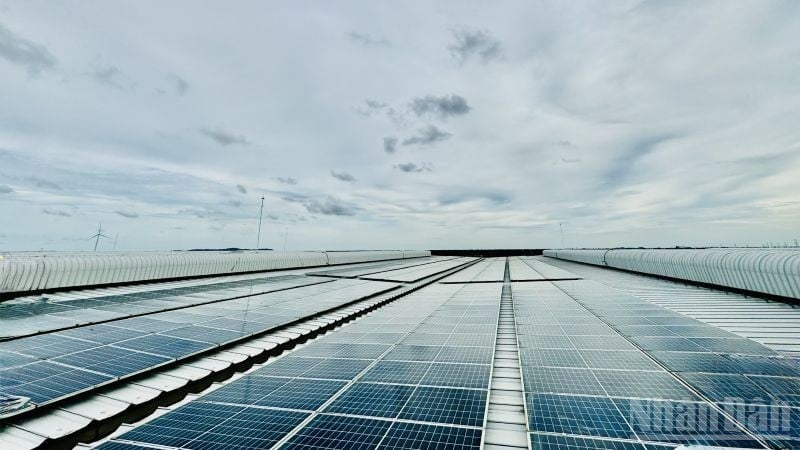
From being almost absent from the map clean energy In the region, Vietnam has risen to the leading group in Southeast Asia with a total cumulative solar power capacity of about 18.6GW by 2023; total wind and solar capacity has exceeded 21GW. Notably, most of these projects are invested and operated by the private sector, demonstrating the increasingly strong capacity of capital mobilization, project management and technology application of Vietnamese enterprises.
According to the World Bank, Vietnam needs to mobilize about 135 billion USD for the energy transition process in the period of 2021-2030, or an average of 13.5 billion USD per year, of which 75% is expected to come from the private sector. According to experts, this is a space for private enterprises to participate in many stages: from project development, equipment supply, technical services to smart energy management solutions. The birth of the Direct Power Purchase Agreement (DPPA) also creates conditions for manufacturing enterprises to sign long-term contracts with renewable energy developers, both stabilizing costs and ensuring compliance. ESG standards (environment-social-governance).
Along with the energy transition, carbon pricing mechanisms are becoming an important tool to promote green growth. Vietnam has launched a roadmap establishing carbon markets domestically from 2025, moving towards full operation in 2028-2029, focusing on large emission industries such as electricity, steel, and cement.
According to experts, in the initial phase, most of the emission quotas will be allocated free of charge to reduce pressure on businesses. However, this mechanism will create an initial legal framework for businesses to get used to calculating carbon costs correctly and sufficiently, thereby promoting investment in technological innovation and applying cleaner production solutions.
In the later stage, the scope of industries will be expanded, the exemption rate will gradually decrease, the auction mechanism and carbon credit trading will become popular, synchronized with international practices. This is the foundation for Vietnamese enterprises to comply with domestic regulations and demonstrate their competitiveness in the global market.
Assessing the carbon market, experts say that, from another perspective, it is also a new business opportunity. Enterprises that invest early in energy-saving technology, recycle by-products or plant carbon-absorbing forests can create excess carbon credits to resell in the market. With dynamism and flexibility, this is the advantage that the private sector can exploit first. If Vietnam builds a transparent carbon credit system that meets international standards, domestic enterprises can fully participate in the regional and global markets, thereby attracting more foreign currency and green investment capital.

Of course, both the energy transition and the carbon market come with challenges. Clean technology, energy-saving equipment or renewable energy projects all require large investment capital, while the majority of private enterprises in Vietnam are small and medium-sized. Access to green credit is limited due to a lack of collateral, which does not meet banking criteria. Domestic financial institutions also do not have a full environmental risk assessment mechanism.
In addition, many businesses lack human resources knowledgeable about ESG (environment-social-governance) standards, MRV (measurement-reporting-validation) systems or international green certificates, leading to difficulties in accessing export markets that apply strict standards.
The legal framework and supporting infrastructure are also not yet synchronized: the competitive electricity market, DPPA mechanism, transmission grid planning and unified green standards system are still in the process of completion. At the same time, the basic conditions for the circular economy such as waste sorting at source, reverse logistics, recovery-recycling system or unified recycling standards are still lacking or not operating effectively, making it difficult for businesses to deploy the model on a large scale.
Experts recommend that in order for the private economic sector to truly unleash its potential in the green transformation process, it is necessary to promptly remove barriers in terms of capital, technology, institutions and infrastructure. This is a fundamental condition to help businesses improve their competitiveness, gradually take on a pioneering role in green growth, and at the same time make practical contributions to implementing the Net Zero commitment.
Source: https://baolangson.vn/viet-nam-da-co-buoc-tien-an-tuong-trong-linh-vuc-nang-luong-tai-tao-5059887.html


![[Photo] Closing of the 1st Congress of Party Delegates of Central Party Agencies](https://vphoto.vietnam.vn/thumb/1200x675/vietnam/resource/IMAGE/2025/9/24/b419f67738854f85bad6dbefa40f3040)


















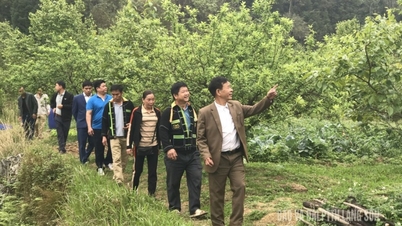


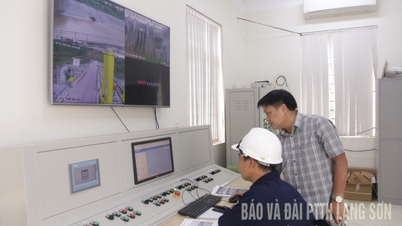
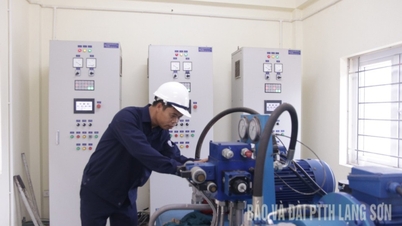
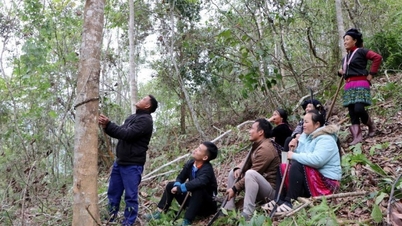
![[Photo] Editor-in-Chief of Nhan Dan Newspaper Le Quoc Minh received the working delegation of Pasaxon Newspaper](https://vphoto.vietnam.vn/thumb/1200x675/vietnam/resource/IMAGE/2025/9/23/da79369d8d2849318c3fe8e792f4ce16)





































![[Photo] Solemn opening of the 1st Congress of Party Delegates of Central Party Agencies](https://vphoto.vietnam.vn/thumb/402x226/vietnam/resource/IMAGE/2025/9/24/82a89e250d4d43cbb6fcb312f21c5dd4)





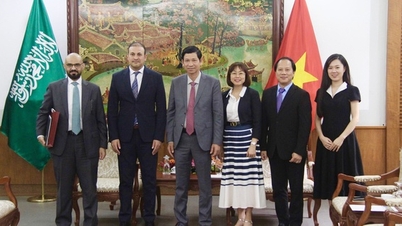


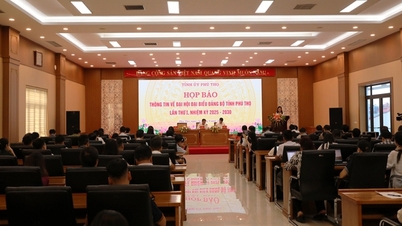





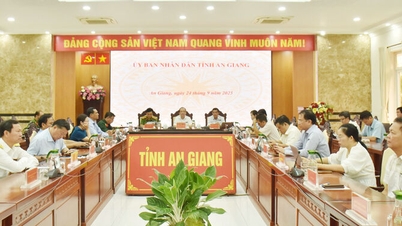



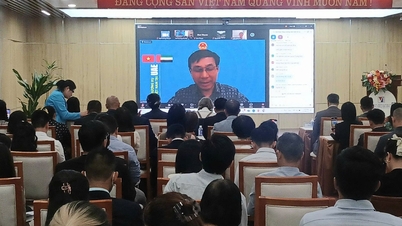




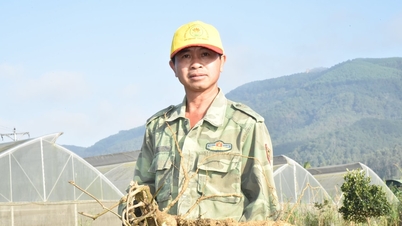








Comment (0)